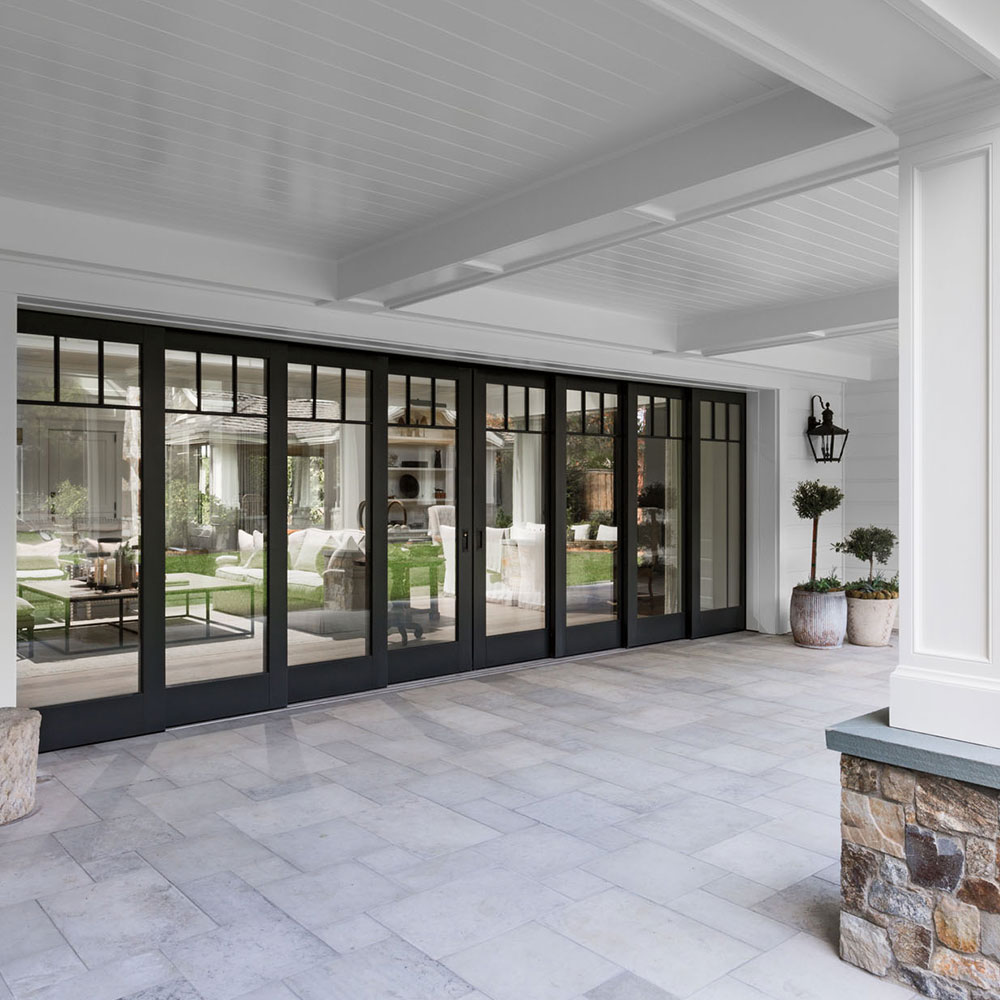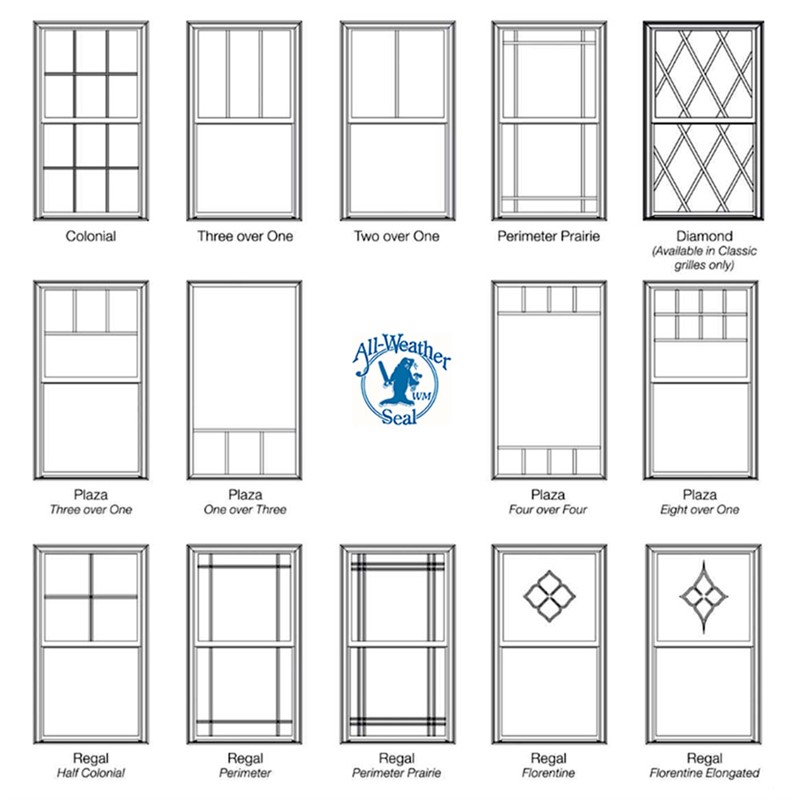Upgrade Your Home With Energy-Efficient Window Substitutes
In the world of home renovation, the choice to update to energy-efficient home window substitutes can significantly impact both the functionality and looks of a house. Past the surface level of mere aesthetic appeals, energy-efficient home windows use a wide variety of advantages that go beyond mere curb appeal.
Advantages of Energy-Efficient Windows

The installation of energy-efficient windows supplies substantial cost savings on utility expenses while enhancing environmental sustainability. Additionally, energy-efficient windows can assist regulate moisture levels within the home, lowering the risk of mold and mildew and mildew development.
Beyond the monetary advantages, energy-efficient home windows add to ecological sustainability by lowering carbon discharges related to energy production. By lowering energy use, these windows assist reduce the ecological effect of lights, heating, and cooling residential areas. This reduction in energy usage plays a vital role in combating climate modification and advertising a greener future for generations to come. Overall, investing in energy-efficient windows not only improves the comfort and effectiveness of a home yet additionally straightens with eco aware techniques.
Sorts Of Energy-Efficient Glass
Various advanced sorts of energy-efficient glass deal one-of-a-kind buildings that satisfy different needs and choices in boosting the sustainability and effectiveness of buildings. Low-emissivity (Low-E) glass is a popular option made to decrease the quantity of ultraviolet and infrared light that can go through the glass, thereby minimizing warm transfer. This type of glass aids preserve a constant indoor temperature, lowering the requirement for home heating or cooling systems, and inevitably reducing energy prices. One more innovative alternative is spectrally discerning glass, which enables visible light to pass via while obstructing specific sorts of infrared radiation. This assists in preserving a comfortable interior environment while decreasing warm gain. Triple-pane glass, including 3 layers of glass with protecting gas in between them, supplies enhanced thermal insulation, making it extremely energy-efficient. Additionally, self-cleaning glass with an unique coating that breaks down and loosens up dust when exposed to sunlight can lower upkeep demands and maintain windows looking clean. Each kind of energy-efficient glass provides distinct benefits, allowing homeowners to select one of the most appropriate alternative based upon their particular demands and goals.
Aspects to Take Into Consideration When Choosing
When pondering energy-efficient home window substitutes, it is essential to thoroughly assess specific aspects that line up with your sustainability objectives and wanted energy savings. The U-factor steps just how well the window shields, with lower numbers showing better insulation, while the SHGC suggests the window's capability to obstruct heat from sunshine. By carefully examining these aspects, you can pick energy-efficient windows that improve convenience, decrease power costs, and profit the environment.
Setup and Upkeep Tips

Normal upkeep is crucial to protecting the efficiency of your energy-efficient windows. Examine the windows periodically for any kind of indicators of sealant, wear, or damages wear and tear. Tidy the structures, tracks, and glass routinely utilizing mild soap and water to get rid of dust and gunk that can affect efficiency. Examine the weather-stripping and seals for any kind of rips or spaces and replace them if required to keep the windows' energy effectiveness.
On top of that, lubricate relocating parts such as joints and locks to make certain smooth operation. By adhering to site here these installation and upkeep suggestions, you can boost the energy effectiveness of your home and prolong the life expectancy of your energy-efficient windows.
Cost-Benefit Evaluation of Updating

Energy-efficient home windows are created to lessen warm transfer, decreasing the need for heating and cooling down systems to burn the midnight oil. This can lead to significant savings on energy costs, specifically in regions with severe temperature levels. Furthermore, energy-efficient windows can enhance the overall value of your home, making it a lot more eye-catching to prospective purchasers if you decide to market in the future.
When calculating the cost-benefit analysis, consider the possible cost savings on energy costs, any type of readily available motivations or refunds, and the lifespan of the home windows. go to this site While the initial price may be higher, the long-term financial savings and advantages of energy-efficient windows make them a clever financial investment for property owners wanting to boost their home's energy performance and value.

Conclusion
In conclusion, upgrading to energy-efficient home window substitutes offers various benefits such as minimized power intake, increased comfort, and cost savings. By choosing the appropriate type of energy-efficient glass and taking into consideration variables like frame material and installment, home owners can make best use of the performance of their windows.
When contemplating energy-efficient home window replacements, it top window manufacturers is crucial to carefully evaluate certain elements that line up with your sustainability goals and wanted energy cost savings. The U-factor steps how well the window insulates, with reduced numbers showing much better insulation, while the SHGC shows the window's capability to obstruct heat from sunshine. By meticulously evaluating these variables, you can pick energy-efficient windows that enhance comfort, lower energy costs, and benefit the atmosphere.
While energy-efficient windows might have a greater upfront cost contrasted to standard windows, the long-term advantages often surpass the preliminary investment.In conclusion, updating to energy-efficient window substitutes uses many benefits such as lowered energy consumption, boosted comfort, and price savings.